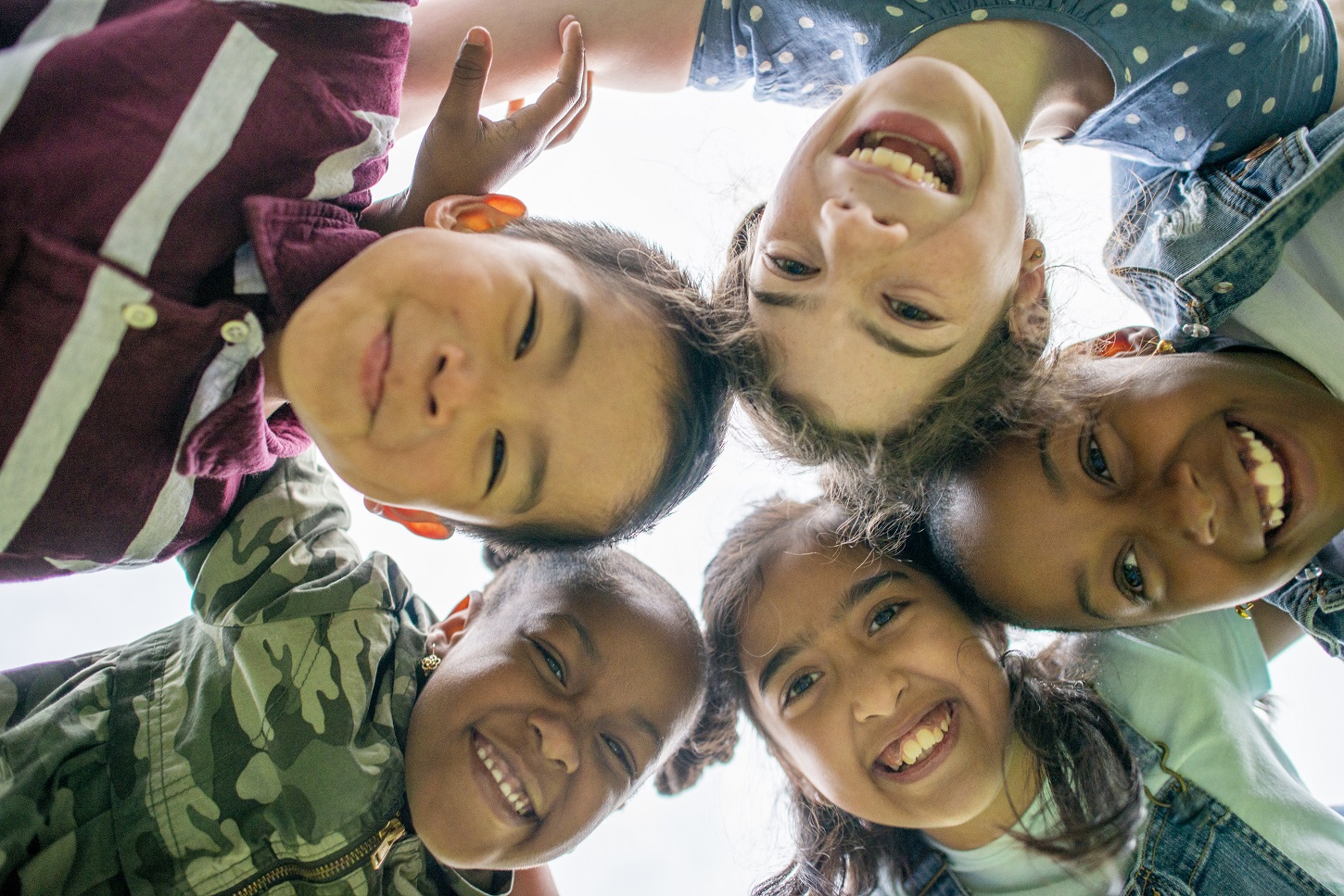MHCC research inspires funding opportunity

Subscribe to Catalyst
Subscribe to get our magazine delivered right to your inbox
Related Articles
Subscribe to Catalyst
Subscribe to get our magazine delivered right to your inbox
Related Articles
Research conducted by Mental Health Commission of Canada (MHCC) staff into early childhood mental health has helped inspire a new, multi-million dollar funding initiative by the Canadian Institutes of Health Research (CIHR). This spring, CIHR’s Institute of Human Development, Child and Youth Health (IHDCYH) expects to issue a call for proposals devoted to early childhood mental health.
For MHCC vice-president of programs and priorities Ed Mantler, this new research opportunity is great news for the commission. “It not only illustrates the broad impacts of our work, it also shows that what we do matters and helps drive progress on mental health for all people in Canada.”
Although details about the initiative have yet to be shared, the call for proposals is expected to prioritize research on how to improve the implementation of evidence-based mental health interventions for children up to age five (including their caregivers).
Filling current research gaps
A key part of the MHCC’s mandate is to facilitate the creation of environments that foster positive development, mental health, and resiliency throughout a person’s life. For children under age six, relatively few existing mental health programs have been adequately researched and evaluated — and even fewer have been focused on specific parent-child populations.
“Early childhood mental health is a relatively undersupported topic,” said Brandon Hey, MHCC senior research and policy advisor. “There’s more and more research but relatively little support in terms of programs, policy, earmarked funding, prioritization, and implementation of the evidence into practice.”
In recent years, Hey was part of an MHCC team that documented existing early childhood mental health programs, services, and providers. In 2020, they published a scoping research report, along with a one-page summary, and hosted a roundtable forum in Vancouver. The Making Connections forum brought together representatives from a broad spectrum of organizations: federal and provincial governments, medical associations, and independent research and advocacy groups. Among the delegates was Tier 1 Canada Research Chair Dr. Christine Chambers, who is also the scientific director of the IHDCYH.
Acknowledging the impact of that event on the new research program, Chambers recalled how “the gaps and priorities identified by the MHCC and discussed at the forum really resonated with our institute and mandate. We’re now grateful to be able to leverage this work, alongside other foundational inputs, and use it to inform the development of a new funding initiative.”
Linking knowledge to human development
What sets IHDCYH research apart is its singular focus on children and families rather than on a particular disease or organ. The institute facilitates partnerships and works to accelerate the translation of new knowledge related to human development, including biological, behavioural, and social factors.
“It’s gratifying to know that our preliminary efforts will live on,” said Mantler. “CIHR’s funding announcement also supports the ‘inquire, inspire, improve’ model we articulated in our new strategic plan. Our inquiry into childhood mental health inspired CIHR to fund research that will further improve knowledge and programs.”
Additional research into early childhood mental health is particularly important in light of COVID-19. Due to temporary closures at schools and daycare centres, many young children have had fewer opportunities to socialize with their peers. Along with perceived higher levels of anxiety across Canada, this relative lack of interaction represents an additional stressor for these children and their families.
A 2021 policy brief on the topic from Hey and his team, in partnership with Canadian Paediatric Society (CPA), draws out what these pandemic stresses can mean, including their effect on parenting, family stresses, and early brain development. In light of the mental health needs COVID-19 has given rise to, the brief provides policy makers, system planners, and decision makers guidance on ways to support infants, young children, and their families.
“Connections with organizations like CIHR and CPA not only help validate the MHCC’s work, they also help ensure that our efforts improve the health and well-being of all people in Canada,” said Mantler.
Peter McKinnon




